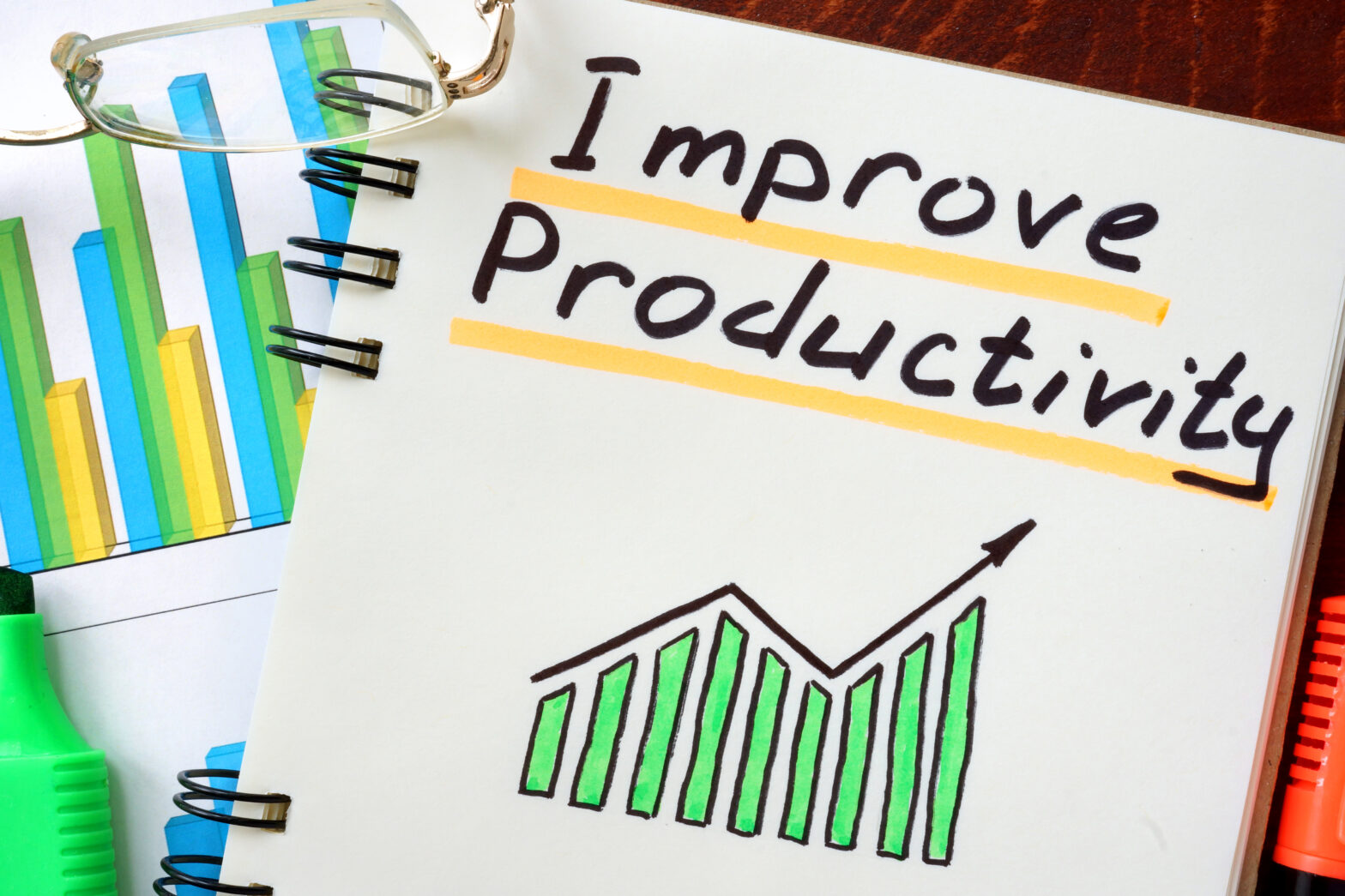UK SMEs have cost themselves £1,268 per second in lost productivity this year – the equivalent of over 16 days so far.
These startling figures comes from Sage’s second annual productivity tracker, which investigates the amount of time sacrificed to administrative tasks.
At an event co-chaired by Ed Vaizey MP, key industry figures talked about the issues affecting efficiency in business today.
Overall it seems that our productivity is getting worse. We’ve seen £40bn of lost economic value in the UK in the past 12 months, an increase of 0.9pc compared to the year before.
Sabby Gill, Sage MD for the UK and Ireland, said: “With less than a third of those small businesses surveyed in the UK currently using cloud technology for administrative tasks, compared to one in two large businesses – there is a clear gap that must be closed, so that the benefits can be felt by all.”
The economy has grown 3.3pc in the past year while productivity has grown by less than 1pc. “If you could automate admin activities, it would contribute to that 3.3pc,” said Gill.
Businesses say that the admin tasks which take most time are accountancy, generating invoices and human resources.
Productivity problems
A handful of issues affecting small business owners were discussed during the event.
Regulatory burden
Members of the Federation of Small Businesses (FSB) find it difficult to keep up with tax regulations, according to their own research – entrepreneurs spend 178 hours a week complying with regulation, equating to three working weeks a year.
“Policymakers haven’t assessed the burden of taxes,” said Sonali Parekh, head of policy at FSB. “Two thirds of small businesses think that the burden of regulation outweighs the benefits. It’s not just a direct compliance cost – it’s more of an administrative cost.”
Finding the right tech
Vinous Ali, associate director for policy at techUK, added her take: “The productivity issue is often down to new companies vs old companies rather than large vs small. You’ve got to understand what the tech does. What problems are you trying to solve?”
Adopting tech
Jonathan Brenton, head of international trade at the Confederation of British Industry (CBI) says that the UK ranks consistently low on adopting tech, especially outside the city: “There’s a lot of talent in rural communities. Having good broadband at home would make them more productive,” he said.
Helping larger businesses
Effective tech helps larger businesses too. Gaynor Bailey, head of HR programme and operations at Channel 4, said: “Processing payments for a freelancer takes 13 days and goes through about five or six different departments as well as through tax assessments. The team isn’t there to do what we need to do so we need to outsource.”
Commenting on the event, Ed Vaizey MP told SmallBusiness.co.uk: “The reason I wanted to do this with Sage is that technology is the main way of [improving productivity.] We sometimes have this very superficial debate about the march of the robots costing jobs but in my view, the more that business can automate its processes, the more likely they are to spend time on the things that actually count. At the same time, what came out of this discussion, quite understandably, is that a lot of businesses don’t even have time to think about it.
“People forget that MPs are a bit like a small business”
“I think that at the heart of all of this, there are brilliant technology solutions that can make people’s lives a lot easier. It’s getting your head round the fact that spending the time thinking that through pays dividends down the road – and networking with other businesses to find out what they’re doing.
“People forget that MPs are a bit like a small business. [It’s like] going down the pub with your mate who also runs a small business. You’ll be having coffee with someone and they’ll suddenly announce that they do X, Y and Z and it’s very effective and you go back to your team and talk about X,Y and Z. It’s exactly what MPs do all the time. You shouldn’t forget that human contact.”




